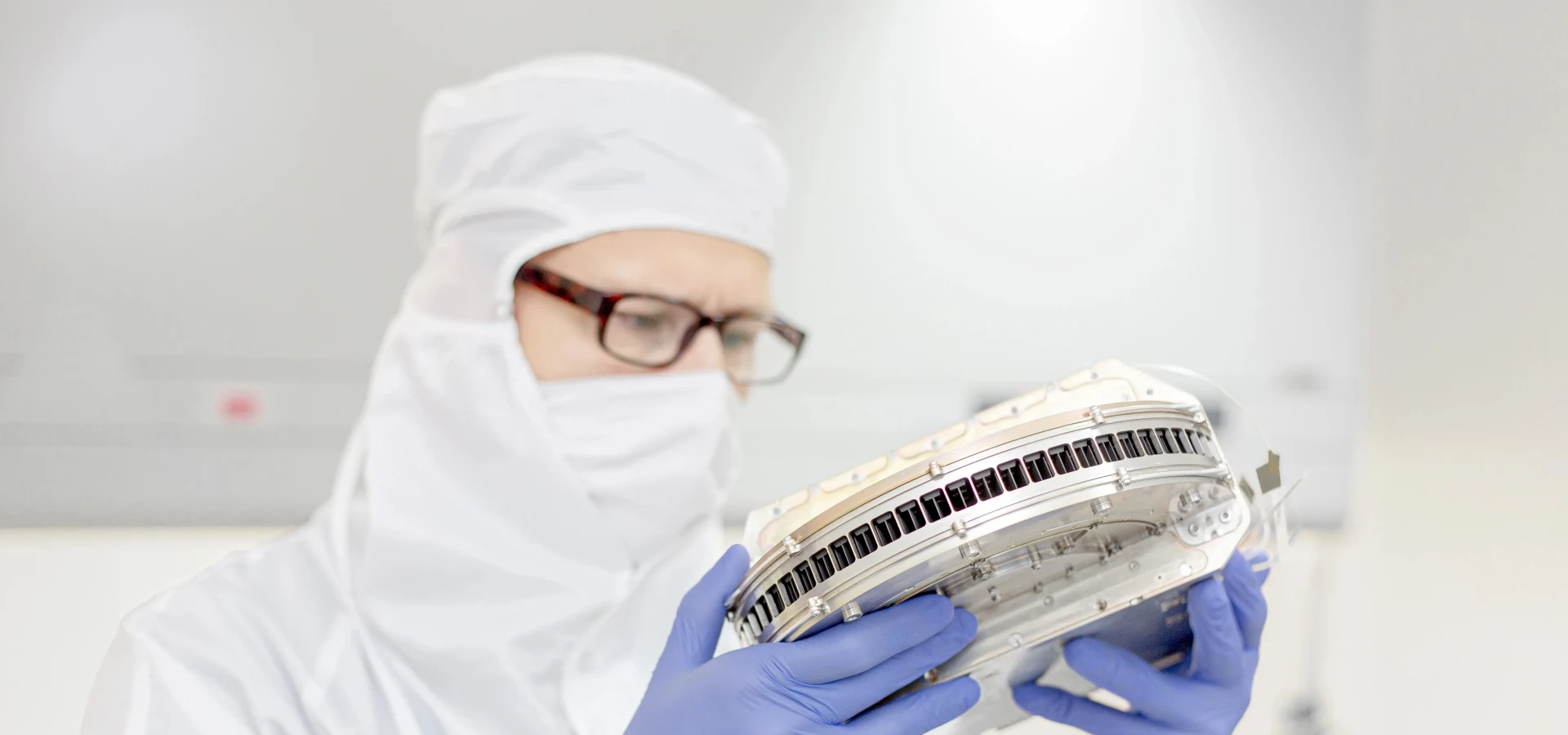
Description
The large number of new satellites greatly increases the risk of collisions and requires accurate mapping of space objects. The Institute of Space Physics (IRF) and EISCAT AB will develop signal analysis and experiments for three-dimensional measurements of meteoroids and space debris with the new research radar EISCAT_3D. Data processing for space objects will be developed in parallel with data processing for ionospheric physics and aurora observations. The project uniquely combines modeling and analysis of radar data.
Tasks
EISCAT_3D is a radar system for space and atmospheric research that has been under construction in northern Scandinavia since 2017. The PhD project will develop technically advanced methods to enable three-dimensional measurements of space objects with EISCAT_3D. EISCAT_3D will, when the radar system is fully deployed, be able to measure orbits of space debris as small as a few centimeters in size. The orbits of these space objects can be determined using a single measurement from EISCAT_3D's three receiver stations.
IRF will work closely with EISCAT AB to study:
Data processing for space objects is being developed in parallel with data processing for ionospheric physics. This will enable better data products for both observation methods. The objective of the project is to significantly improve the capability to measure and track space objects for space situational awareness applications with the EISCAT radar system. The developed methods will be described in peer-reviewed publications and made available to the international research community.
The three project objectives above will enable you to conduct unique research studies of the Earth's space debris environment and meteors.
Qualifications
Basic eligibility for admission to doctoral studies at Umeå University is held by those who have completed a degree at the second-cycle level, or completed coursework of at least 240 credits, of which at least 60 credits are at the second-cycle level, or equivalent foreign education, or equivalent qualifications. To fulfill the requirement of special eligibility for admission to doctoral studies in space physics, the applicant must have approved courses in the subject area of physics of at least 120 higher education credits. Those who have acquired essentially equivalent knowledge in another way within or outside the country are also eligible. These requirements do not need to be met at the time of application but only at the time of admission. Other requirements are fluent English. More information about the PhD program at Umeå University
We are looking for you who want to work in an intercultural and international environment and have a high ability to work both independently and as part of a team. Working with radar data from space objects may require you to undergo security clearance.
You should have good programming skills (Python, C++, or equivalent). Experience in signal processing, inverse problems, and/or numerical calculations in areas related to the work is meritorious.
Terms and conditions
The PhD student is admitted to the Department of Physics, Umeå University, and is employed and placed at the Institute of Space Physics in Kiruna. As a PhD student, you will focus on your research studies by conducting your own research under supervision and taking PhD courses. The goal of a PhD position is to obtain a PhD degree. The duration of the position is limited to the equivalent of four years full-time and starts in January 2026 or as agreed.
What we offer
We offer a workplace with flexible working hours, up to seven weeks of vacation per year, well-developed occupational health care with wellness activities, wellness allowance and access to a gym at the workplace.
Equality, equal opportunities and diversity are fundamental principles in our workplace. We work with integrated gender equality, which means that gender equality aspects are taken into account in daily work and in all decision-making processes.
The application should include the following:
